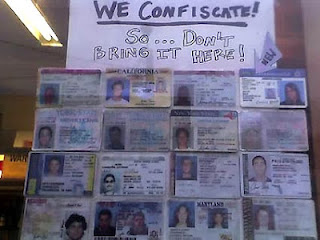This week’s blog was written by Samantha Rutishauser, senior Communication major at CU-Boulder
The idea of going an entire semester without close proximity to potential jobs and internships is daunting. While they are abroad many students feel helpless in trying to find future employment and end up dismissing the issue until they return home. However, this misconception is risky and completely avoidable. The answer is utilizing online career resources that are available to you no matter where in the world your semester takes you.
CU-Boulder’s Career Services Online, aka CSO, is an online database that posts new and exciting opportunities for jobs and internships available throughout the year. Though away from campus, CU students abroad who sign up for CSO will receive email updates of new opportunities and can use CSO to search and apply for jobs even while they are out of the country. That way when they return home from their semester away this daunting problem will already be taken care. Additionally, counselors at Career Services help students coordinate interviews with potential employers via phone or Skype and provide the resources and assistance students need to feel comfortable interviewing through both mediums.
 I spent a semester abroad in Prague last spring. I knew the upcoming summer before my senior year should be spent working, but the longer I waited to start looking, the less chance I had at finding a job or internship. I made it a priority to routinely take a break from exploring my new surroundings to check the Career Services Facebook page, weekly emails, and CSO for any opportunities that struck my interests.
I spent a semester abroad in Prague last spring. I knew the upcoming summer before my senior year should be spent working, but the longer I waited to start looking, the less chance I had at finding a job or internship. I made it a priority to routinely take a break from exploring my new surroundings to check the Career Services Facebook page, weekly emails, and CSO for any opportunities that struck my interests.This eventually led me to come across a natural foods company in Denver called Love Grown Foods, looking to hire a marketing intern for the summer. I tailored my resume to the position, wrote a cover letter detailing my interest, and submitted them both through CSO. I heard a response within days and enlisted the help of a career counselor to help me set up an interview that week. We organized a time for me to conduct my interview over Skype with the potential employer. The idea of interviewing via webcam seemed daunting, especially considering the significant time difference between Prague and Colorado. Luckily, CU’s career counselor worked with both the employer and me to schedule a time that was convenient for us both.
After a successful interview and a few days of follow up emails, I heard back that I had gotten the internship at Love Grown Foods and was set to start upon my return home in the summer. Career Services Online made the entire process extremely easy and efficient, despite me being so far away from home and school. In the end, I was able to enjoy my time abroad, and also come home to a rewarding summer job that provided valuable internship experience.














